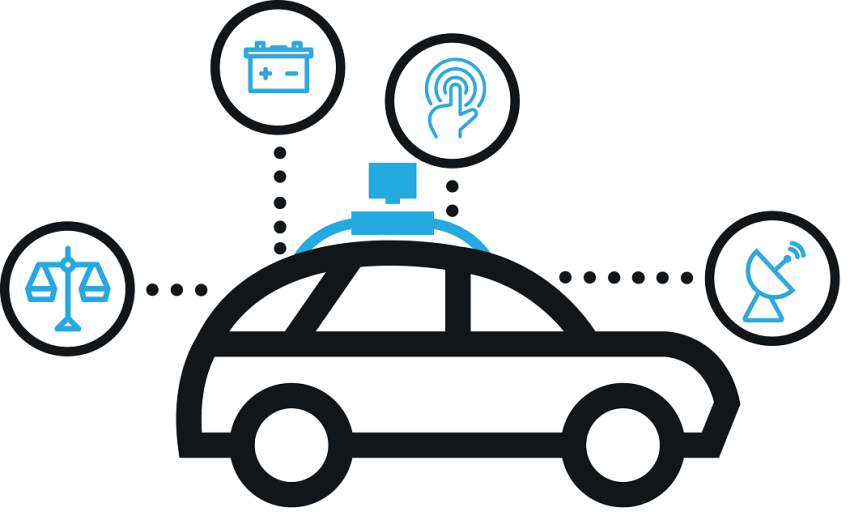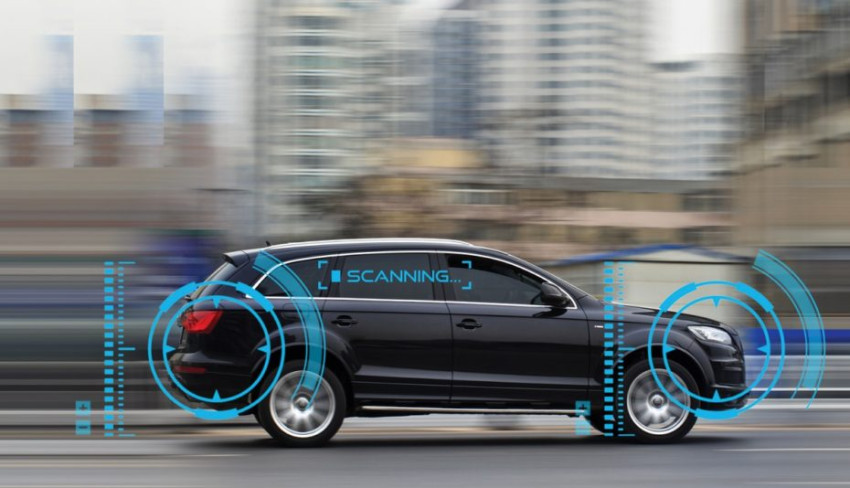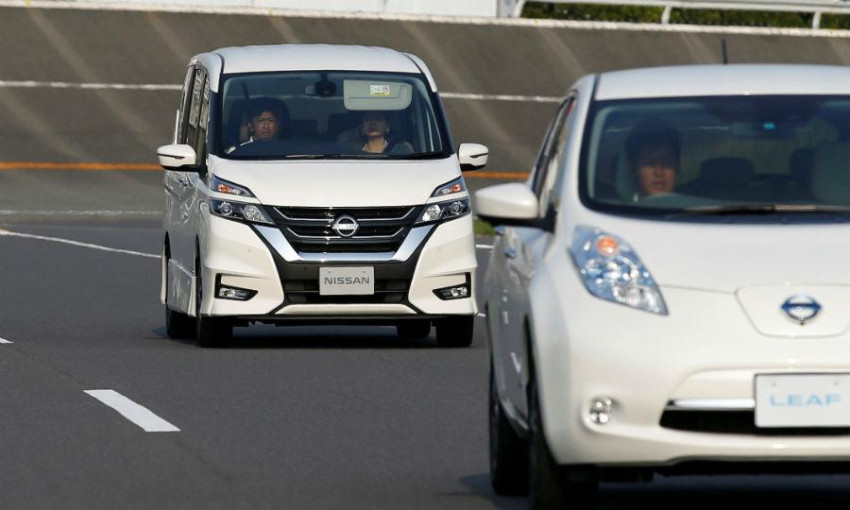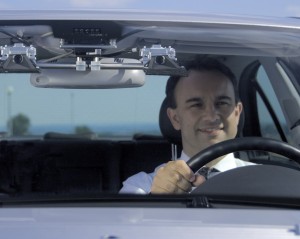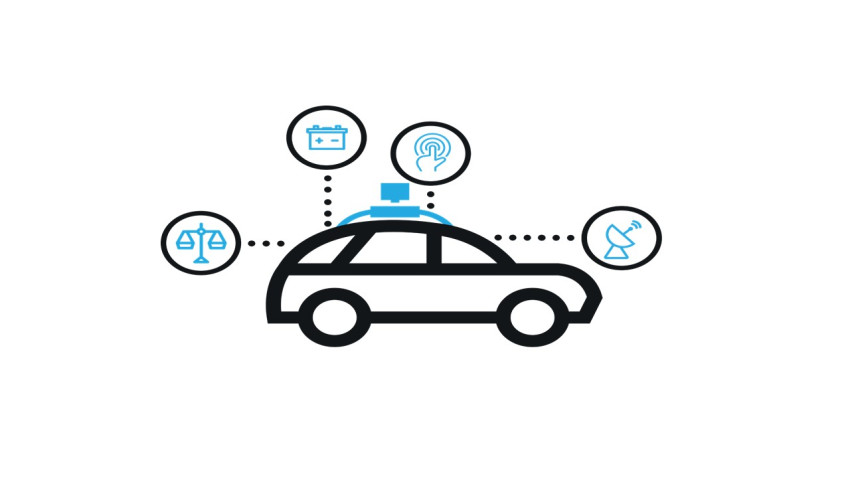
The Future of Driving
The serie of video's made on 25-11-2016, is to be seen at the site of the Faculty of Electrical Engineering of TU-Delft.
In 1908 Ford heralded the start of a new era with the Model T. It took just 12 years before people tried to create the first concept automated vehicle. Only now, in the early 21st century, the first automated vehicles are starting to see the light of day. However there are still a number of hurdles in the way before the automated vehicle will be a common sight.
Safety, of paramount importance to automated driving, has garnered a peak in interest in 2016, since the first fatal accidents involving an automated vehicle is a fact. As such the automated driving community has increased its focus on the fields of sensing, computer vision and machine learning to provide answers to the question: "Can these accidents be prevented with better technology?"
Automated driving brings along a lot of other social challenges. If an accident is not preventable, what should an automated vehicle do? Should the driver be protected at all cost? Is that ethically responsible? And is the current infrastructure suitable for automated vehicles? Can we mix automated vehicles and normal traffic?
A serie of video's made on 25-11-2016, is to be seen at the site of
the Faculty of Electrical Engineering of TU-Delft
Omschrijving
In 1908 luidde Ford een nieuw tijdperk in met de model T.
De auto was een feit en er werd gezocht naar nieuwe technologische ontwikkelingen.
Na 12 jaar van onderzoek werd het concept autonoom rijden geboren.
In het begin van de 21ste eeuw werd de eerste zelfstandig rijdende auto getest. Het begint er op te lijken dat het toekomst beeld realiteit wordt. Tenminste dat is wat de media ons verteld.
Dit jaar is het eerste fatale ongeluk door een autonome auto een feit.
Ondanks de grote ontwikkelingen moeten er dus nog een aantal uitdagingen overwonnen worden op het praktische gebied, maar ook het ethische gebied.
De Electrotechnische Vereeniging (ETV) Studievereniging bij TU-Delft organiseert daarom dit symposium:
The Future of Driving, dat zal laten zien wat er bereikt is en welke hordes er nog overwonnen dienen te worden.
U bent als KIVI lid van harte welkom op dit symposium The Future of Driving.
De sprekers zijn van uitzonderlijk kaliber afkomstig uit Nederland en buitenland.
Wanneer u kaartjes via de KIVI website www.KIVI.nl/EL koopt, krijgt u 25,-- euro korting.
De toegang voor KIVI-leden bedraagt dan 50,-- euro (incl. lunch en drinks na afloop).
De voordrachten op het symposium worden in het Engels gehouden.
Wij zien uit naar uw komst.
Spreker(s)
Prof. Dr. Theun Baller Dean TU-Delft
Philip van den Heuvel President ETV
Electrotechnische Vereeniging TU-Delft
Prof. Dr. Dariu Gavrila (chairman)
Intelligent Verhicles TU-Delft
Faculty of Science, Universiteit van Amsterdam
Maarten Sierhuis
Director - Nissan Research Center
Filippo Santoni De Sio
Robot Ethics Researcher - TU Delft
Carlo van de Weijer
Smart Mobility - TU Eindhoven
Serge Lambermont
Technical Director Automated Driving - Delphi
Edwin Nas
Self Driving Vehicles - Ministry of Infrastructure
Cicero Vaucher
Senior Principal - NXP Semiconductors
Locatie
Auditorium van de Aulla TU-Delft
Mekelweg 5, 2628 CC Delft
Organisator
Elektrotechniek
ETV studievereniging TU-Delft
Naam en contactgegevens voor informatie
ir. Evert-Jan Bouvy
Nissan debuts ProPILOT auto drive system


